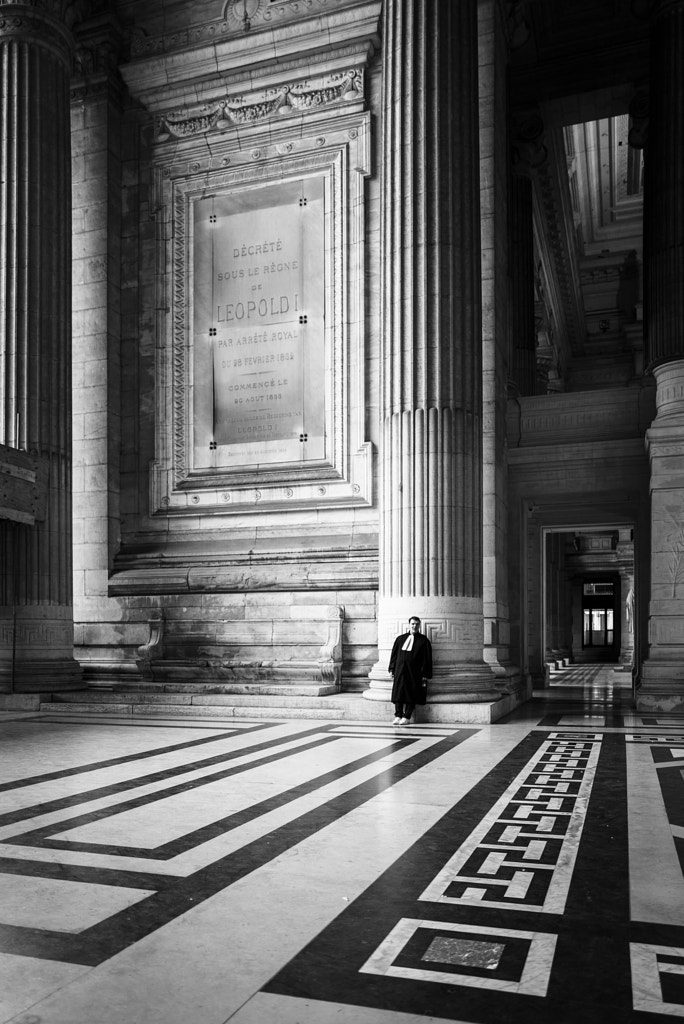What has destroyed every previous civilization has been the tendency to the unequal distribution of wealth and power.
— Henry George, born in 1839
“Without stories of progress, the world has become a terrifying place. The ruin glares at us with the horror of its abandonment. It’s not easy to know how to make a life, much less avert planetary destruction. Luckily there is still company, human and not human. We can still explore the overgrown verges of our blasted landscapes - the edges of capitalist discipline, scalability, and abandoned resource plantations. We can still catch the scent of the latent commons - and the elusive autumn aroma.”
— Anna Lowenhaupt Tsing, The Mushroom at the End of the World: On the Possibility of Life in Capitalist Ruins
10 US Government Agencies Plan Expanded Use of Facial Recognition
Washington Post: “Seven steps you can take to keep Facebook and Instagram from gathering so much of your personal information outside of their apps. If you ever get that eerie feeling Facebook or Instagram are listening to you, you’re not entirely hallucinating. Facebook says it’s not literally activating the microphones on our smartphones, but it is tracking what we do in other apps, websites and even real-world stores. That much data can make ads feel as on-point as if it was in the room. In a recent column, I investigated everything Facebook can passively learn about you, even when you stop using it for long stretches. Don’t be fooled by the kinder, gentler image of Instagram, either: It’s owned by Facebook and does the same kind of tracking as Facebook. So what can you do about it? If you’re very committed — or a bit techie — there are some steps you can take to try to hide from Facebook’s personal data vacuum…”
Sure, our literary tastes are promiscuous. When young, we confuse one-night stands with conjugal devotion. Age brings with it equanimity of taste. We know what we like and feel no need to defend it. To quote Whitman completely out of context: “(I am large, I contain multitudes.)” Because Anna Akhmatova is a great poet, am I supposed to stop enjoying Julia Nemirovskaya? See her “Coffee at Night” in Boris Dralyuk’s translation, which concludes:
“. . . sorrow loses its power when faced with that force,
with the joy of two somnolent wings spreading wide!”
Harvard Law Today, ‘Being a Lawyer is a Superpower’:
In his welcome address to incoming Harvard Law students this year, Harvard Law School Dean John F. Manning ’85 made the case that lawyers and the legal profession will be central to resolving many of the challenges facing the nation and the world today.
“This past year and a half has again brought focus on grievous ills that have been with us too long and that can no longer wait for solutions—racism, inequality, public and private abuses of power, intolerance, threats to democracy, the list goes on,” said Manning, the Morgan and Helen Chu Dean and Professor of Law. “And the profession you have chosen is integral to solving all of these problems.”
In a beginning-of-the-year tradition that goes back decades, Manning spoke to more than 700 incoming J.D., LL.M., and S.J.D students in Harvard University’s historic Sanders Theatre on Aug. 26. As part of the school’s effort to support the community’s health amid the COVID-19 pandemic, and reduce the number of people in the room at any one time, the students who normally attend as one group were divided into two cohorts, which the dean addressed separately.
Manning explained that there are two reasons why the law is so critical today. “One is that these vital issues are at the epicenter of the lawyer’s work. The legal profession is dedicated to the rule of law, to equal justice under law, to due process, and constitutional democracy. Though we will not always agree, and may sometimes disagree sharply, about what exactly each of those vital concepts entails, our work is to use a lawyer’s tools to give substance to them, to give them life, and to make them real in the world and in people’s lives.”
The second, he said, is that being a lawyer is a superpower. “Our job is to think critically. We are taught to question everything, to cross-examine everyone. … Law school teaches you a kind of discipline, an ability to break any proposition or any problem into its component parts, to examine it, to understand it, and to put it back together again.” ...
"I’m very, very grateful to be here with you in person as you begin your journey,” he said. “I look forward to meeting you as the year unfolds and to watching with pride as you become the next generation of great Harvard lawyers and leaders. Congratulations and welcome to HLS!”
